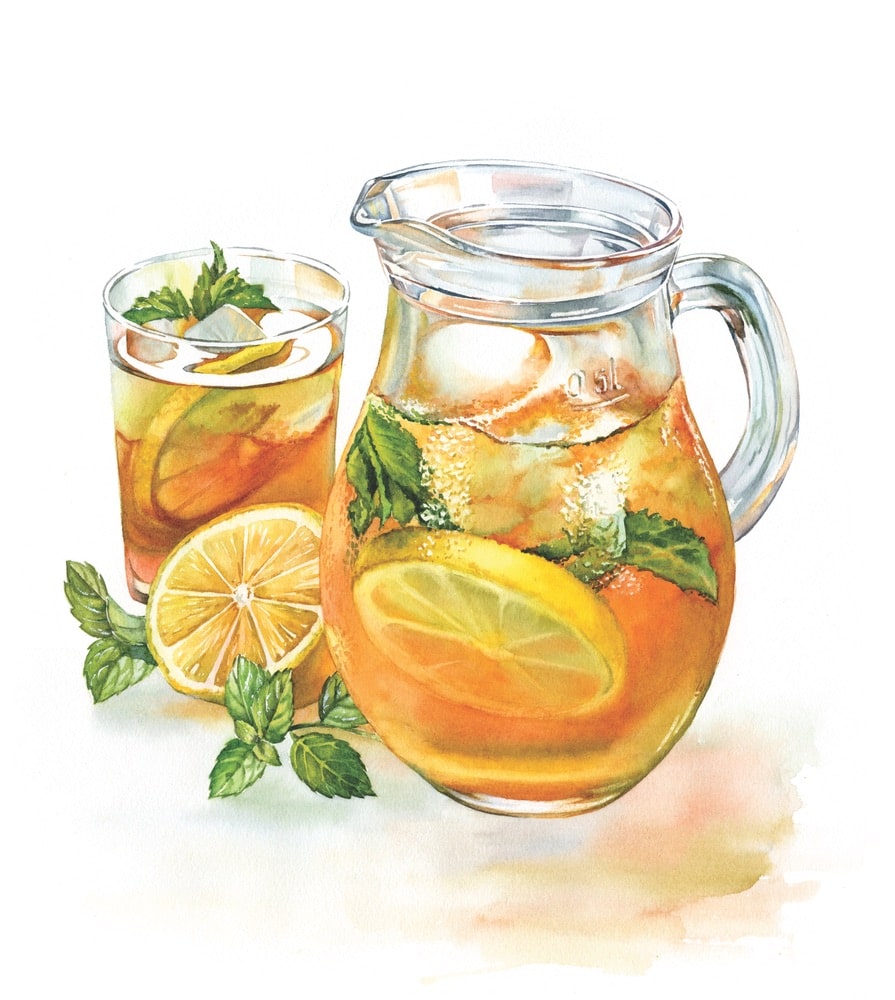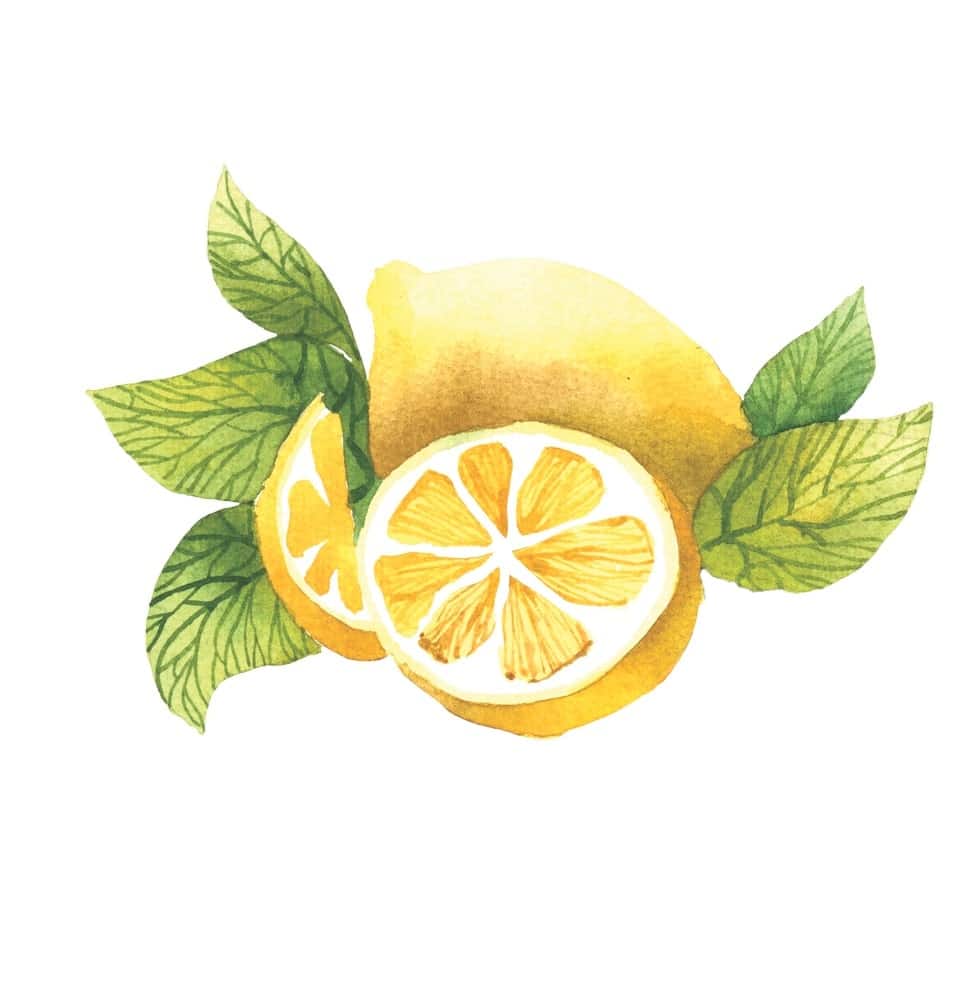
vie-magazine-birth-place-of-sweet-tea-hero
The Birthplace of Sweet Tea
By Sallie W. Boyles
Granted, coffee gets more press, but Americans have enjoyed a long love affair with tea, albeit one steeped in controversy. Upon dumping about ninety-two thousand pounds of the precious cargo, shipped from China, into Boston Harbor on December 16, 1773, patriotic protestors (a.k.a. the Sons of Liberty) turned an unfair tax on tea into a battle cry for the American Revolution: No taxation without representation! After the Declaration of Independence, tea retired from politics and returned to the parlor, sparking new conversations.
By the late 1700s, the talk of cultivating tea on American soil had taken root. Native to Southeast Asia, the Camellia sinensis, an evergreen shrub, was the chosen species, and South Carolina’s Low Country offered the preferred subtropical climate. Historic documents indicate that the first American tea was planted along the Ashley River near Charleston, but the effort was apparently not taken seriously and failed. Before and after the Civil War, the US government’s agricultural arm shipped seedlings here and there for propagation and even offered financial incentives to growers, but the experiments were abandoned—until 1888 when Dr. Charles Upham Shepard stepped in.
A respected botanist, chemist, lecturer, and writer, Dr. Shepard established the Pinehurst Tea Plantation in Summerville, South Carolina, twenty-five miles northwest of Charleston. Approaching his work as he would any scientific experiment, Dr. Shepard traveled to the Orient to study the tea culture. Along with collecting common and rare varieties of tea to test at Pinehurst, he selected ornamental plants, particularly other camellias and maples, to grow for their sheer beauty.
Dr. Shepard’s love of horticulture and his meticulous nature influenced every farm-related function: growing, harvesting, and processing. His diligence paid off. By 1903, the first commercial tea farm on American soil was producing ten thousand pounds of tea per year, and the product was quite good. Pinehurst tea, an oolong, took first prizes at various exhibitions throughout the country, including the 1904 Saint Louis World’s Fair. Coincidentally, a hot summer in Saint Louis inspired a vendor to add ice cubes and sugar to make it a cold drink, thereby popularizing sweet iced tea.
Despite Dr. Shepard’s success, the production of Pinehurst tea ended when he died in 1915. With only a caretaker left to oversee the farm, Pinehurst was sold in parcels, primarily for residential development, but Dr. Shepard’s legacy didn’t die. Generations of his camellias still blossom in neighborhoods named Tea Farm and Shepard Park, as well as grace the entire town. Many other plants traced to Dr. Shepard remain in the business of making tea.

Initially, the Thomas J. Lipton Company purchased what was left of the farm in 1960 to study the plants. A few years later, Lipton bought a potato farm on Wadmalaw Island, twenty-five miles away, to establish the Charleston Tea Plantation as a research facility with shrubs transplanted from Pinehurst. In 1987, nearly a century after the birth of Pinehurst, William Barclay Hall, a third-generation tea taster from London, bought the Wadmalaw operation and once again began producing tea commercially. Carrying on the tradition—and now under the ownership of the Bigelow Tea Company—the Charleston Tea Plantation processes and sells tea and tea products from Dr. Shepard’s plants. The working farm also welcomes thousands of visitors each year to journey back in time and gain a sense of its history.
Branded as American Classic Tea and Charleston Plantation Tea, low-country tea might have lived happily ever after with such surnames, but a newcomer to Summerville inspired the town not only to reclaim its heritage but also to emerge as the birthplace of sweet tea. The latter, no doubt, has raised more than a few eyebrows, from Boston to Baton Rouge, but Summervillians say (with a wink) they have the history to prove it.
As the story goes, Will Rizzo and his wife, Dottie (she’s a Summerville native), launched Azalea magazine to highlight the area’s history, culture, and people. “I wasn’t raised in Summerville,” says Will, “so from an editor’s standpoint, I was looking for stories to be retold. The tea theme kept coming up, and I was shocked that Summerville was not taking advantage of that from a point of pride.”
With fresh eyes on the subject, Will resurrected Dr. Shepard’s story, laced with another tidbit he and Dottie unearthed: a receipt from 1890 for food and drink ordered for a Confederate soldiers’ reunion. Surmising the happening occurred in what is now the heart of Summerville and the pounds of sugar requested would be mixed with the gallons of tea and ice on the list, the Rizzos deduced that locals were concocting sweet iced tea at least fourteen years before the beverage made a splash at the Saint Louis World’s Fair. Planting seeds but not foreseeing all that he was sowing at the time, Will made “Birthplace of Sweet Tea” Azalea’s cover story in the spring of 2010.
Coincidentally, a hot summer in Saint Louis inspired a vendor to add ice cubes and sugar to make it a cold drink, thereby popularizing sweet iced tea.
Sweet tea became the talk of the town, and about a year later, a chamber of commerce leadership class decided to trademark “Birthplace of Sweet Tea” as Summerville’s tagline for their civic project. No longer a tiny asterisk in America’s tea-growing history, Summerville reappeared as the star with billboards along the Interstate to prove it.
On October 8, 2013, a ribbon-cutting ceremony launched the Sweet Tea Trail—a map of the area’s historic and cultural points of interest plus restaurants, shops, parks, etc.—and a Sweet Tea Trolley to take riders on guided tours. To cap it all off, a Sweet Tea Festival became an annual event celebrating local cuisine and culture.
“We’ve had more fun with this,” says Bill Collins, who championed the sweet tea crusade during his tenure as mayor of Summerville. Over thirty years, he also owned one and then both of the town’s newspapers, so this man knows how to run with a story. In 2015, correspondent Martha Teichner interviewed him for CBS Sunday Morning: “You’re a politician. Convince me that Summerville is the birthplace of sweet tea.” Mayor Collins enjoys repeating the answer he gave her: “You said I was a politician. Trust me. Would I lie to you?”
Indeed, the evolving tea saga grows more colorful by the year, yet it’s one of many enchanting aspects of a town that grew up rather quietly in the shade of her more famous sister city, Charleston. While younger, Summerville can trace her colonial history to the trading village of Dorchester, founded in the late 1690s. Structures from Dorchester and Fort Dorchester, which was erected in 1757, endure today at Colonial Dorchester State Historic Site.

To note, Pineland Village, settled in 1785, came after Dorchester. Summerville, nicknamed Flower Town in the Pines for an abundance of azaleas, wisteria, and other flowering plants, was finally established in 1847. As implied, Summerville began as a summer sanctuary for wealthy Charlestonians, who packed up their families to avoid mosquitos that bred in the marshes and infiltrated their plantations. Doctors subsequently deemed that the combination of Summerville’s dry, sandy ground and numerous pine trees, which filled the air with turpentine, created a healing environment for respiratory ailments. Year-long and seasonal residents built grand homes in Summerville, and first-class inns catered to a who’s who of distinguished visitors. Residents, in turn, opened boarding houses for everyday people passing through and others seeking employment.
Having grown up on tea farmland, Summervillian Bill McIntosh, a lawyer by profession and historian by hobby, credits the town’s tradition of welcoming visitors and accepting newcomers to fostering a stable economy and preserving the past. “The many beautiful antebellum homes in town survived and exist today,” he explains, “because folks converted their mansions into boarding houses in hard times. Instead of being abandoned and falling into disrepair, those homes were used and maintained. Visitors sustained Summerville.” Tying his hometown’s friendly nature to the birth of sweet tea, Bill reasons, “We’ve always invited guests to sit on the front porch and sip sweet tea. That’s all the documentation you need!”
If still not convinced, naysayers must acknowledge this town’s commitment to the cause, evidenced by Summerville’s Guinness World Record for the Largest Sweet Tea. Unsurpassed as of this writing, the feat occurred on June 10, 2016, also National Iced Tea Day, when over twenty-five hundred gallons of sweet tea filled a fifteen-foot-tall fiberglass Mason jar. Volunteers used 210 pounds of tea leaves from Charleston Tea Plantation to brew 1,425 gallons of tea. To that they added 1,700 pounds of Dixie Crystals sugar and more than three thousand pounds of ice.
Visitors sustained Summerville. We’ve always invited guests to sit on the front porch and sip sweet tea. That’s all the documentation you need!
Besides setting a record, the special batch of sweet tea was dispensed into normal-sized Mason glasses for drinking. Fittingly, Summerville adopted the world-famous container, nicknamed Mason, as their mascot, and gave him a place of honor in the Town Hall courtyard. Mason also appears in a mural on the Visitors’ Center, courtesy of local artist Kevin Morrissey.
All signs indicate that Summerville will go on serving sweet tea and Southern hospitality for generations. Placing generous pitchers of sweet and unsweetened iced tea on every table of Baker’s Garden BBQ Kitchen in Summerville, Kay Baker, who owns the restaurant with her husband, Dennis, says, “You can drink your fill and then fill your glass before you go. We treat everyone as we would guests in our own home.” Crediting Dennis for the ideal sweet tea brew, one that is thirst quenching and energy boosting, she adds, “You have to have it really strong and really sweet, especially in the summer.”
Along with all-you-can-drink tea, generous portions of slow-cooked beef and pork with traditional Southern sides like collards and hash “made the old-fashioned way,” make the restaurant a top-choice eatery from Thursday through Saturday. “We’re shopping and cooking the other three days of the week,” says Kay, “and we’re closed on Sunday for church.”
The Bakers are also known for their signature desserts, such as Dennis’s made-from-scratch, award-winning Sweet Tea Pecan Pie. Although the details of the recipe remain a secret, Kay divulges that they use American Classic Tea from Charleston Tea Plantation. Providing another hint, she shares, “Technically, it’s less sweet than the traditional pecan pies we make because we substitute sweet tea for some of the heavy syrups and sugars. It has a lighter, more delicate taste.” Urging readers to get a true taste of the cuisine and hospitality, she says, “Y’all come because we’ll spoil you rotten.”
“Sweet tea is the Southern liqueur,” says Mayor Collins. Cool and flavorful, it can be the perfect parlor drink served in Grandma’s heirloom crystal or an afternoon pick-me-up poured into Mason jars and consumed while shooting the breeze. People have their preferences about lemon slices and varying amounts of sugar, but what matters most is the intention to stir up something good. As Mayor Collins affirms, “Sweet tea symbolizes hospitality. You can sense the friendliness throughout our town. I hope we never lose that. People have been coming here for a long time to relax and enjoy our beautiful Flower Town in the Pines, and they will continue to come as long as our hospitality flows.”
As director of tourism, Tina Zimmerman recognizes that travelers typically stop in Summerville because it’s “just a short ride to Rainbow Row and the historic plantations,” but they quickly find there’s so much more. “Summerville is a place,” she says, “where flowers bloom by the acre, and history lives on every corner; where world-class cuisine is served with a side of Southern charm; where sweet tea is measured by the gallon.”
— V —
For more information about Summerville and the Birthplace of Sweet Tea, readers should go to VisitSummerville.com or drop by the Visitors’ Center at 402 North Main Street, Summerville, South Carolina 20483.
Sallie W. Boyles works as a freelance journalist, ghostwriter, copywriter, and editor through Write Lady Inc., her Atlanta-based company. Among the source materials for this piece, Boyles, who grew up in Summerville, relied upon accounts of Pinehurst Tea Plantation from newspaper articles by Beth McIntosh, who was a columnist for The Summerville Scene. Her articles appear in Beth’s Pineland Village, a book of local history.
The Bakers’ Sweet Tea Recipe
Ingredients
Black tea bags (The Bakers use Charleston Tea Plantation’s American Classic, Dr. Shepard’s oolong.)
Water
Ice
Sugar
Optional garnishes: lemon, mint
Makes 2 gallons
In a two-quart saucepan, add approximately one quart of fresh, cool water. Place 10 to 12 black tea bags in the water. You may add more or fewer tea bags, depending on desired strength.
Bring to a rolling boil.
As soon as the water is rolling, turn off heat and place saucepan to the side, allowing the tea to steep for approximately 5 minutes, or 10 minutes for stronger tea. Strain, remove, and discard tea bags.
While the tea is still warm, add 1 to 3 cups (depending on your taste) of sugar. Gently stir until all sugar is melted.
Pour approximately half of this mixture into a one-gallon pitcher filled with fresh, cool water. Stir well. Pour into individual servings. Garnish with ice cubes and lemon or mint. Refrigerate between servings. Y’all enjoy!
Share This Story!
KEEP UP WITH THE LATEST STORIES FROM VIE



































































































































